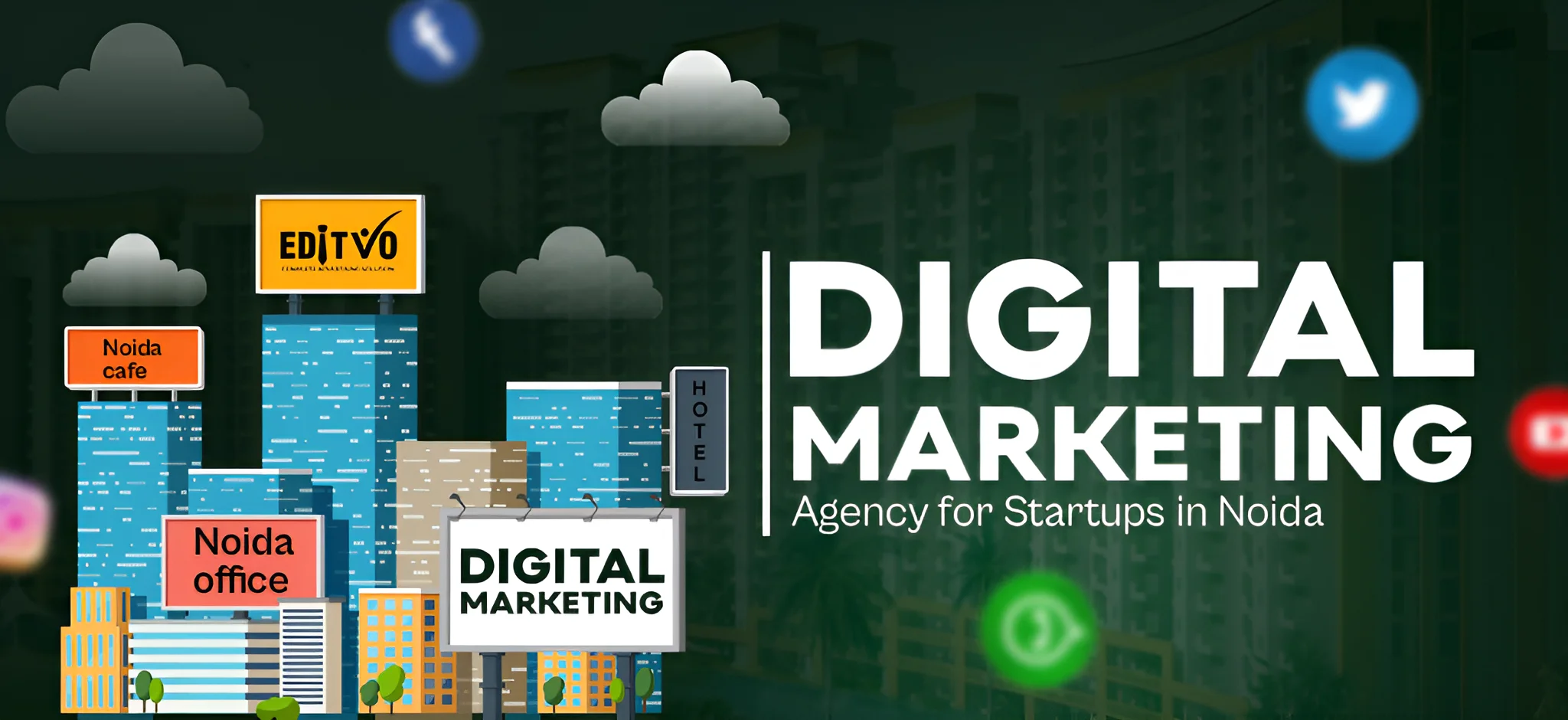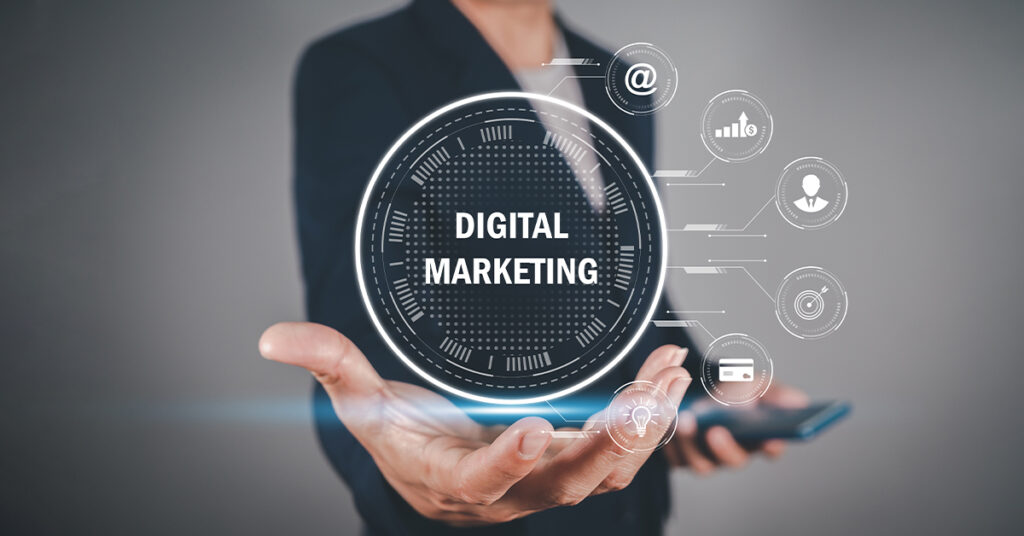Social Media Marketing (SMM): Powering Growth Through Connection
In an age where attention is currency, social media platforms have evolved from simple networking sites to powerful marketing tools. Whether you’re a small business or a global brand, Social Media Marketing (SMM) offers a direct way to reach, engage, and convert your target audience.
SMM isn’t just about posting photos or videos—it’s about building a voice, creating a community, and driving meaningful actions. With billions of users worldwide, the opportunity for brand growth and customer connection is enormous.
What Is Social Media Marketing?
Social Media Marketing refers to the use of platforms like Facebook, Instagram, Twitter (X), LinkedIn, Pinterest, and others to promote a brand, product, or service. It includes organic posting, paid advertisements, influencer partnerships, and community engagement, all aimed at achieving specific marketing goals.
From raising brand awareness to driving website traffic and generating leads, SMM is a flexible and cost-effective strategy that fits businesses of all sizes.
Why Social Media Marketing Matters
The modern consumer expects brands to be active and approachable on social media. Here’s why SMM is essential:
- Wider Reach: Platforms like Instagram and Facebook host millions of users daily.
- Real-Time Engagement: You can interact with your audience instantly through comments, stories, and live streams.
- Cost-Effective Advertising: Social ads offer precise targeting at a fraction of traditional media costs.
- Brand Loyalty: Consistent, value-driven content fosters trust and loyalty.
- Boosted Conversions: Social proof, retargeting, and engaging content lead users down the sales funnel.
Key Components of a Successful SMM Strategy
1. Clear Goals
Start with defining your objectives—brand awareness, website traffic, lead generation, or sales.
2. Know Your Audience
Understand who you’re speaking to: their age, interests, online behavior, and preferred platforms.
3. Platform Selection
Choose platforms based on your audience. For example, B2B brands often thrive on LinkedIn, while lifestyle and fashion brands excel on Instagram and TikTok.
4. Content Creation
Create diverse, engaging content—videos, images, stories, reels, infographics, memes, polls, and blogs. Mix educational, entertaining, and promotional content to keep it fresh.
5. Consistent Posting
Use tools like Buffer or Hootsuite to schedule regular posts. Consistency helps build trust and keeps your brand top of mind.
6. Engagement & Community Building
Don’t just post—interact. Respond to comments, reply to messages, share user content, and host live sessions to humanize your brand.
7. Paid Advertising
Run targeted campaigns using Meta Ads Manager or LinkedIn Ads. You can choose your audience by interests, behavior, location, and even job title.
8. Monitor & Adjust
Track KPIs like reach, engagement rate, clicks, and conversions. Use insights to refine your strategy over time.
Types of Social Media Marketing
- Organic Marketing: Creating and posting content without paid promotion. Focuses on building a loyal audience and community.
- Paid Social Ads: Boosting posts or running ad campaigns to reach new audiences or retarget previous visitors.
- Influencer Marketing: Collaborating with influencers or creators who align with your brand to extend your reach and credibility.
- Employee Advocacy: Encouraging team members to share company content to increase reach and authenticity.
SMM Best Practices for 2025
- Be Authentic: Audiences prefer real and relatable content over perfection.
- Use Short Videos: Reels, TikToks, and YouTube Shorts dominate engagement.
- Focus on Mobile Experience: Most social media users are on mobile. Make sure your visuals and links are mobile-optimized.
- Embrace Storytelling: People connect with stories, not sales pitches.
- Leverage Analytics: Adjust your strategy based on data, not guesswork.
Conclusion
Social Media Marketing is more than a trend—it’s a cornerstone of digital growth. It allows businesses to connect with their audience in a personal and meaningful way, build trust, and drive results that matter.
With the right strategy, tools, and mindset, SMM can transform your brand from being just another profile to a community-driven success story.





